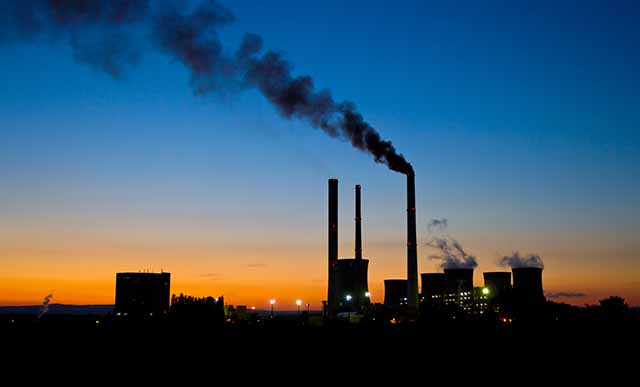Asia’s CP Foods Sustainable Kitchen on RISE
Key Takeaways
⇨ Using RISE with SAP and SAP Sustainability for real-time emissions reporting
⇨ Focus on supply chain emissions in Thailand , extending to world wide operations in the next phase
⇨ Operations in 17 countries and exports to more than 50 countries.
Thailand headquartered, Charoen Pokphand Foods Public Company Limited (“CP Foods”) has selected multiple SAP solutions to drive further growth and competitive advantage and to ensure the sustainability of its products for the future.
CPF operates integrated agro-industrial and food business, including livestock and aquaculture such as swine, broiler, layer, duck, shrimp and fish. The Company also operates retail and foods outlets
Catering to more than 4 billion people globally, CP Foods is embarking on its next stage of digital transformation with the RISE with SAP, SAP Sustainability Footprint Management, and SAP Sustainability Control Tower solutions. In addition, the SAP EHS Management, environment management application will be implemented to future-proof its business and to gain strategic insight into the sustainability impact of its products, processes and infrastructure globally. The company is a leading integrated agro-industrial and food business that is one of the world’s largest producers of feed, shrimp, poultry and pork. It has operations in 17 countries and exports to more than 50 countries.
Explore related questions
Global Net-Zero Ambitions
In line with CP Foods’ goal of becoming the “Sustainable Kitchen of the World,” CP Foods is the first food processing company in the world with near- and long-term forests, lands and agriculture (FLAG) sustainability targets validated by the Science-Based Targets Initiative (SBTi). CP Foods is looking to realize the company’s Net Zero goals of reducing 42% of Scope 1 and 2 emissions and 30.3% of Scope 3 emissions by 2030 – and 90% of Scope 1 and 2 emissions and 72% of Scope 3 emissions by 2050. To achieve these goals, the company is implementing SAP Sustainability solutions to record, report and act on real-time sustainability data, driving carbon accounting at both corporate and product levels.
“Net Zero is the only solution to climate change,” CP Foods CEO Prasit Boondoungpraser said. “It is important to us to understand and reduce our impact on the planet, so we create food that is not only safe and nutritious for people but also green and clean for the earth. Feeding our livestock, farming our food and transporting it to people’s plates incurs emissions we have to be able to record and report. With RISE with SAP and SAP Sustainability solutions, we will have insight into actual emissions automated in real time rather than relying on manual averages, allowing us to make quick, informed and sustainable business decisions for our operations and for the planet.”
SAP plans to provide a technology foundation that will support CP Foods in complying with forthcoming carbon regulations in various markets, including the EU Carbon Border Adjustment Mechanism (EU C-BAM) and U.S. SEC climate risk disclosures.
Key to reducing total emissions, CP Foods will focus on supply chain emissions, with its emissions mostly falling under Scope 3. CP Foods will work with the Customer Success organization at SAP, leverage YASH Technologies’ sustainability expertise and build on Amazon Web Services (AWS) to implement SAP Sustainability solutions. Doing so will allow it to record and report on its Scope 1 and 2 emissions in Thailand and select Scope 3 (3.1 and 3.4) for its feed business in Thailand covering both FLAG and non-FLAG emissions. The next phase of implementation will extend in scope to cover operations around the world.
Cloud Sustainability
Paul Marriott, president of SAP Asia Pacific & Japan, said: “Sustainability is a huge opportunity for businesses across Asia. Using RISE with SAP and our sustainability solutions, CP Foods is getting ahead of forthcoming emissions regulation and future-proofing its business by using data to make more sustainable decisions. It can use those insights to drive more operational efficiencies, optimize supply chains, and differentiate its business against competitors.”





